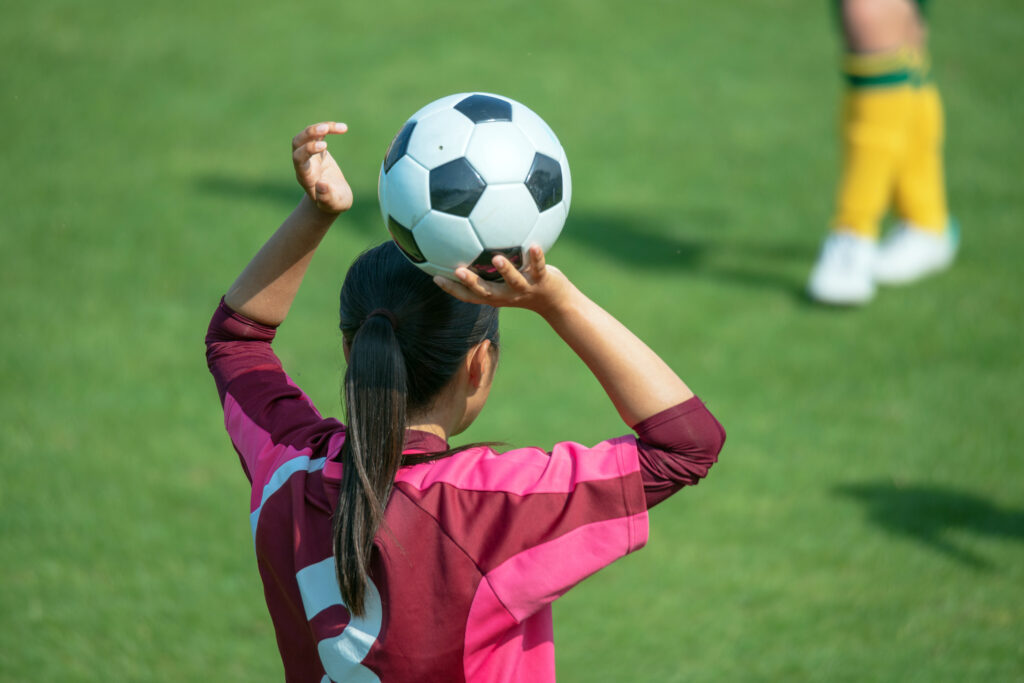How you communicate affects if you’re viewed as inclusive

To mark World Inclusion Day (October 10, 2022), SIRC wanted to focus on information about inclusive communications in sport. This blog post emphasizes why sport administrators, sport organizations and coaches should improve how inclusive they are, specifically in all the ways they communicate. It also highlights ways to check communications to make everyone in their…
Intersectional data collection for equity in sport
Relying on top line averages and rankings can perpetuate inequality in sport. But examining data through the lens of demographic factors can help organizations to take meaningful action toward equity in sport. MLSE LaunchPad’s 4 pillars of Transparency, Trust, Trying (it out) and Talking (it out) can help sport organizations improve their measurement and evaluation…
Supporting the moms in your life
Family, friends, and teammates all play an important role in encouraging moms’ physical activity and sport participation. There are many ways to support moms to help them stay active. These include helping with childcare and household work, providing moms with emotional support, and most importantly, cheering them on every step of the way!
Newcomers and sport participation
Newcomers to Canada often struggle with feeling like they belong. Sport and physical activity can help foster feelings of belongingness, bringing Canadians of all backgrounds together. Providing newcomers with resources on how to become involved in sport and physical activity at all levels is essential to ensure all sport is inclusive. Sport for Life has…
The power of sport
The Canadian Centre for Ethics in Sport’s new publication, “Power of Sport: The True Sport Report” presents research that addresses how community sport contributes to a spectrum of societal goals, including quality education, gender equality, health and well-being, reduced inequalities, and climate action. The report identifies that “how” sport is delivered is key to achieving…
Using data for gender equity
Using data can help sport organizations plan quality programs with gender equity at their centre. Data collection can encourage better decision-making, help improve resource allocation, and create buy-in among stakeholders. Online toolkits, such as Same Game, help organizations use data to turn gender equity ideas into reality.
Pandemic impact on girls in sport
The COVID-19 pandemic has negatively impacted girls’ participation in sport and physical activity. Findings from Canadian Women & Sport suggest that 1 in 4 girls are not committed to returning to sport. Involving girls in planning their return to play can be one way to encourage girls’ participation.
Gender equity and sport leadership
Gender-equal boards are associated with higher revenues and more financial resources. In Canadian sport, the number of board members who are women is increasing, with current estimates at 41% representation. That value is encouraging. After all, when at least 30% of board members are individuals from diverse groups, changes toward equality are experienced.
Race, gender and confidence in coaching
Sport coaches aim to build confidence in their athletes, but coaches need self-confidence to optimize the support they can provide. Mentorship offers a way to develop confidence in Black women coaches, fostering professional development and personal growth and encouraging coaches to be their best selves.
Gendered athlete representations on social media
How athletes are portrayed on social media can influence sport participation among girls and women. An analysis of tweets during the 2018 Commonwealth Games shows that gender differences persist in athlete representations. Even seemingly neutral words, like “dedicated” and “hard working,” can have gendered connotations. Strategic use of social media during large sporting events can…